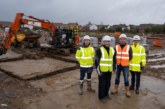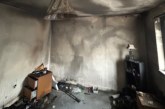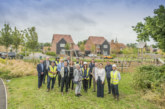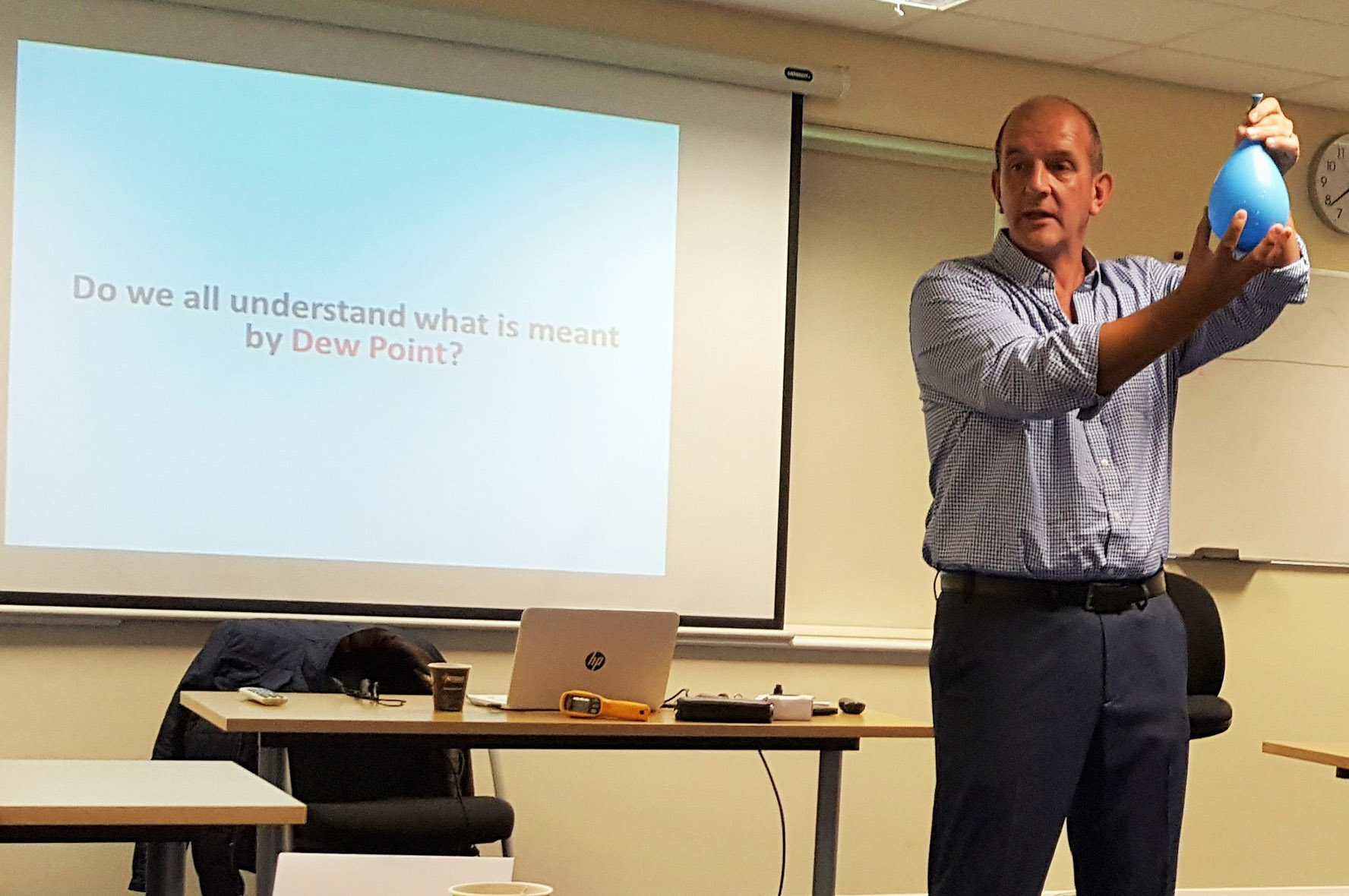
The problem of damp in the social housing sector is one of the most common complaints tenants make about their property. With this in mind, national trade body the Property Care Association (PCA) has developed a programme to give specialists in the social housing and local authority sectors with responsibility for housing stock maintenance, a recognised route to qualification.
The PCA’s Certificated Surveyor of Dampness in Buildings (CSDB) qualification and the Surveying Timber & Dampness in Buildings course are focused on giving participants a comprehensive insight into the key factors relating to moisture in buildings. Other training from the PCA ideally suited to social housing and local authority professionals includes the Moisture Management series, featuring Condensation and Atmospheric Moisture Management, the Residential Ventilation Masterclass and Retrofit Insulation Masterclass.
All training can all be delivered at the trade association’s dedicated training centre in Cambridgeshire, or in-house at a location to suit the client.
Here Craig Allen, from South Tyneside Homes, shares his experience of PCA training, delivered at the housing association’s headquarters in South Shields.
What PCA training have you taken part in?
Craig: Our surveying team took part in the PCA’s Surveying Timber & Dampness in Buildings course, which was three days of training with an additional two days of examinations.
Where was the training held?
Craig: This was held in our headquarters in South Tyneside, which was fantastic from our perspective. This meant we didn’t have the expense of travelling and accommodation to outlay, but additionally taking the surveying resource out of their day-to-day duties for the additional time would have been very difficult to manage from an operational view.
How useful was the training and how is it being applied in your organisation?
Craig: It has been extremely successful as this has given our surveying staff the capability of diagnosing and specifying remedial works earlier than prior to this training and this in turn has reduced expense on outside agencies, who we often would contract to carry out diagnosis.
When allocating training budget we are acutely aware of the need to do so in a way that will deliver a return on that investment, especially when budgets are tight.
Following the PCA training, we have seen the benefits straight away.
Who in your organisation has done the training?
Craig: We had 12 Surveyors trained with the PCA and received extremely positive feedback from all parties, some quoting it is the best course they have attended whilst in our employment another said that the trainers’ knowledge was second to none! They really knew their stuff.
It was all well structured with good learning materials/handout packs etc and good samples of such things like beetle and fungal decay to timber to look at during the training.
Our building surveyors are now more confident when evaluating properties and talking to tenants. Surveyors are now able to talk about issues involving condensation and damp more confidently and with more conviction with tenants.
Messages are communicated more effectively which helps facilitate the management of issues and helps prevent further problems arising.
Why did you choose PCA for the training?
Craig: We did our research and although other firms and individuals provided similar training, the PCA stood out as it was clearly laid out how it would meet our specific training needs as a Social Housing provider.
From initial enquiry to the completion the team were very helpful, and incredibly patient in helping to put together a training package that suited our surveyors needs perfectly. Additionally, they have also been very helpful post course delivery with enquiries
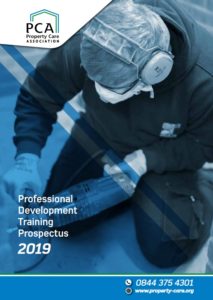 More details on the programme undertaken by South Tyneside Housing can be found here.
More details on the programme undertaken by South Tyneside Housing can be found here.
Information on CSDB can be found here.
General details on qualifications, courses and in-house training options — as well as a downloadable prospectus — are available here.


